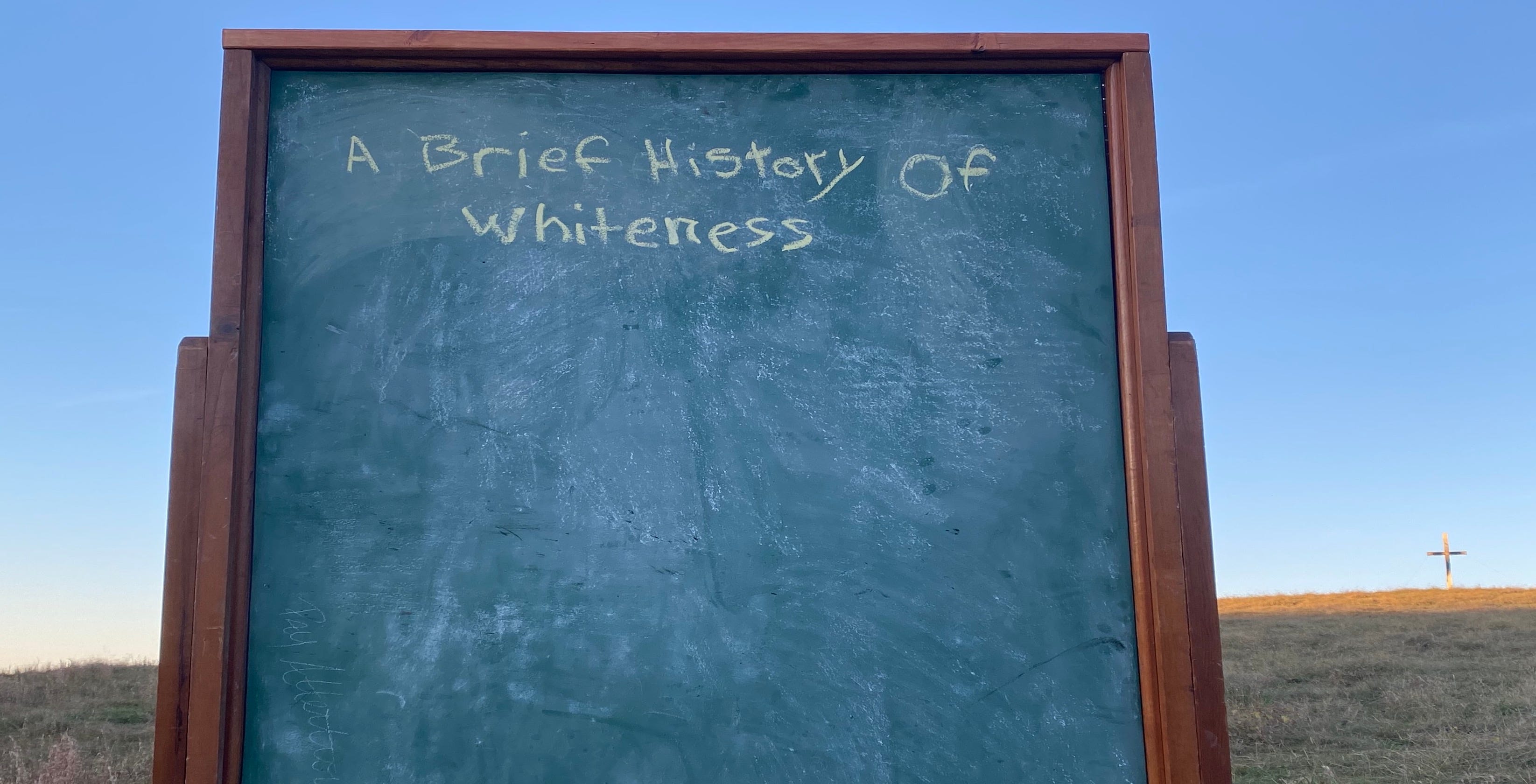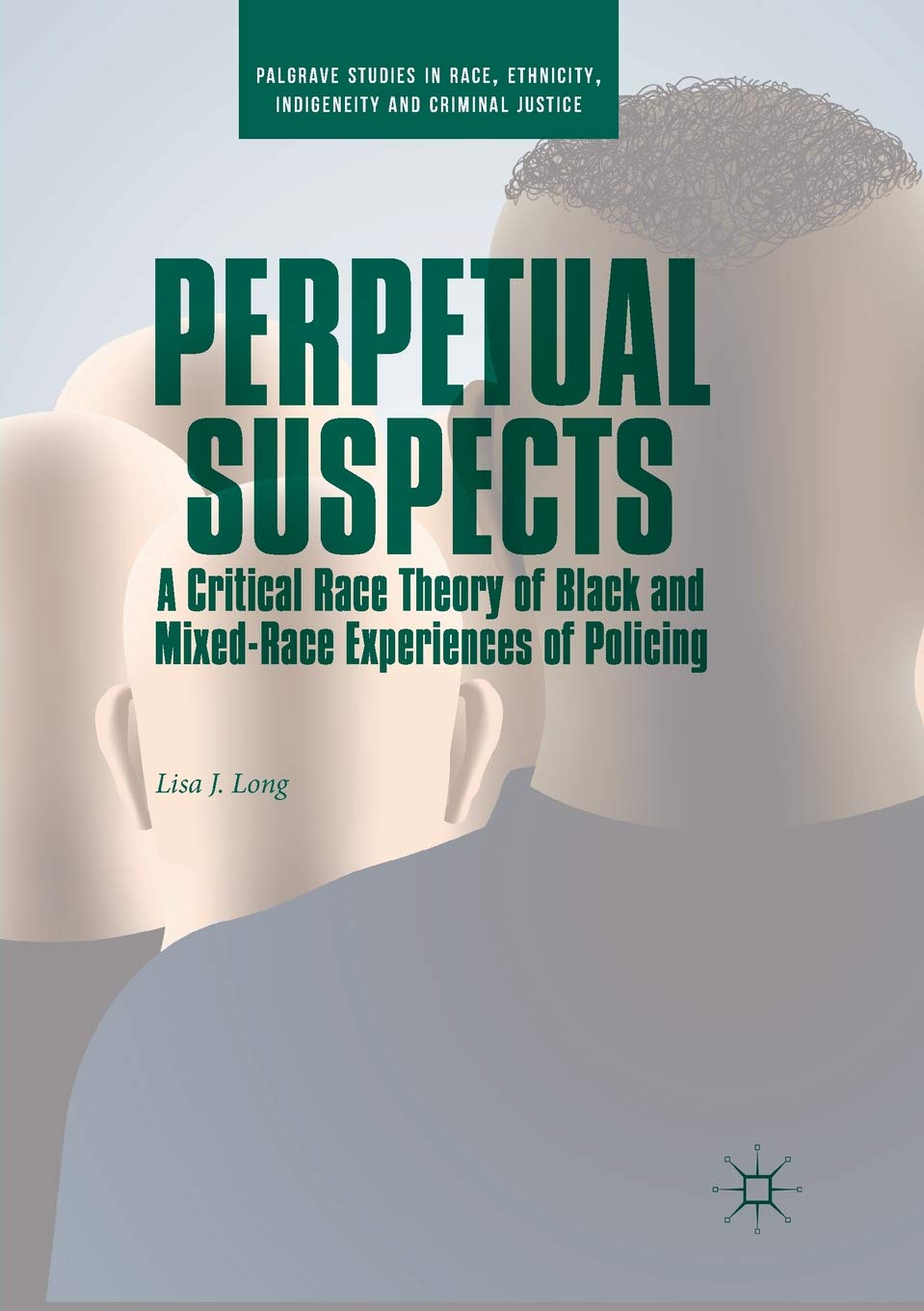The Problem Isn’t White People — It’s Whiteness, PeoplePosted in Articles, Campus Life, History, Media Archive, Politics/Public Policy, Social Justice, United States on 2021-07-14 03:07Z by Steven |
The Problem Isn’t White People — It’s Whiteness, People
Tim Wise
2021-07-12
 Photo by the author (on location), Rage Against the Machine/The Umma Chroma video shoot, Watertown, TN. 10/17/20 |
Anti-racists aren’t trying to make anyone feel bad. It’s called a systemic analysis for a reason
Amid the backlash to anti-racist teaching and activism — symbolized by the assault on Critical Race Theory — one claim stands out as the principal lamentation of aggrieved conservatives. Namely, the idea that anti-racist educators and activists believe white people are inherently racist and oppressive.
You’ll hear it time and again. Those challenging anti-racist curricula insist their children are suffering psychological harm because the materials teach white kids to hate themselves. One parent in Tennessee even has a Go Fund Me to pay for counseling she says her 7-year-old needs after being exposed to in-depth discussions of the Civil War and the misdeeds of white Americans…
Read the entire article here.

